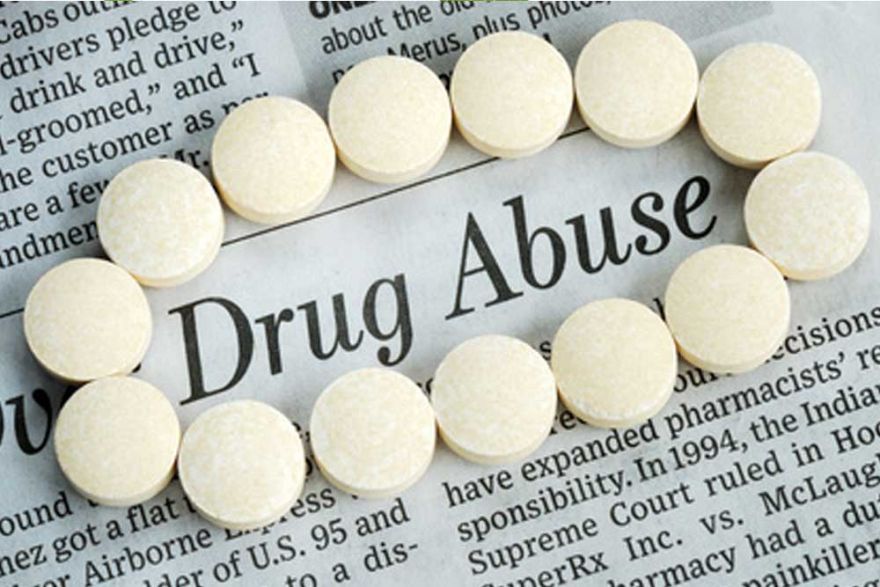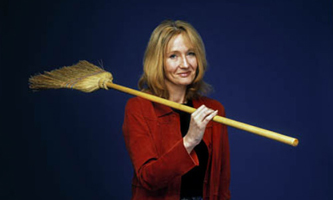Girta Punjab……
Well, I just heard a song titled ‘Oh chitta ve, kaiyaan nu hai khush kitta ve (Oh white powder, you’ve made so many of us happy). This song happens to be there in the soundtrack of an upcoming Bollywood flick titled ‘Udta Punjab’ (Flying Punjab). The film stars Shahid Kapoor, Diljit Dosanjh, Alia Bhatt and Kareena Kapoor in the lead roles. The film tries to address the growing problem of drug abuse in the North Indian state of Punjab.
Now, allow me to dive deep into the issue I’m trying to address, but, first of all, let me just cry over the demise of ‘Sone Di Chidi’ (The golden sparrow). Punjab was popularly known by this name. It was a prosperous state with fertile lands, good irrigation systems etc. etc.
The Maharaja of Punjab, Maharaja Ranjit Singh (till 1839) was an able ruler and had maintained Punjab as a prosperous state. After the Maharaja’s demise in 1839, the British Empire caught hold of the state of Punjab. After the colonizers from Britain left the Indian soil, the state of Punjab fell into the hands of the Siromani Akali Dal (SAD). So, it won’t be wrong to say that the state of Punjab could never really recover after the death of the Maharaja.
Ah, coming back to the issue I was trying to address. Sorry, I got a bit carried away. I am of the opinion that if today, the Punjab government is struggling to tighten the noose over the growing problem of drug abuse in the state, it is due to the people. The Punjabis have betrayed their ancestral image of bravehearts.
The people in Punjab hardly pay attention to threats posed to them by drugs. A majority of Punjabis have this habit of flocking to foreign lands. Those who are living there in Punjab have drowned shoulder deep in the useless culture of showing off. Drug addicts aren’t left with the power to stand for their country. Well, we can’t just keep on blaming the people for the sorry state of affairs in the state because the lack of opportunity in the state happens to be equally responsible for the deterioration of the youth.
On one hand, fathers are busy minting money and drinking alcohol in order to keep up with this practice of showing off and on the other hand, mothers are busy with their mid-aged ailments or in their kitty parties, suits and shopping. Due to a combination of all these factors, parents are unable to keep a track of what their children are doing.
There’s another theory which claims that the large landmass of Punjab is being misled by the so-called ‘Panthic’ image of the Akalis. Punjabis fail to see religion and politics as two separate identities and the Akalis miss no opportunity to mix both of them in order to garner votes. The Akalis, instead of working for the state and its people, are busy accumulating money. They are introducing private partnerships in almost all businesses of the state. Alcohol taverns and ‘Thekas’ can be found in every nook and corner of the state.
The number of ‘Thekas’ in the state are far more in number as and when compared to the number of government schools in the state. This theory further elaborates that the largely cash-strapped and bankrupt government of Punjab is trying to poison its people in order to run the state through the revenue earned from the alcohol business. The budgetary situation in Punjab is as bad as one can imagine.
It has now become a different story on the land of Pirs, Fakirs and Gurus. The Punjabi culture has become quite hollow from inside. People are showing off their Kothis, cars and Zameens in order to attract brides and bridegrooms for their children. Well, money has been a means of evaluating social status since long, but in recent times in Punjab, this problem seems to have surpassed all limits. Children imitate whatever they see. Children from affluent backgrounds drive expensive Audis and keep revolvers which their fathers bought them.
All the problems mentioned above can be taken as the root cause of the rising drug menace in the state of Punjab. So, I would like to believe that the entire concept and idea of masculinity is being misunderstood in Punjab. What an irony for a state that exemplified manhood and masculinity in the past.




